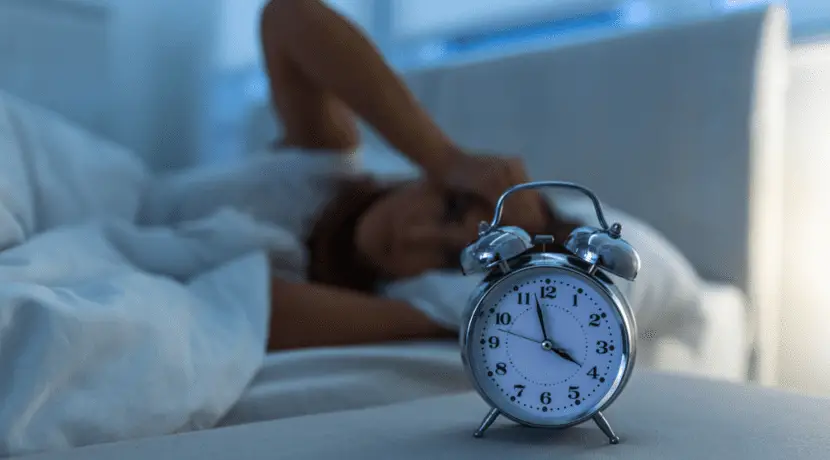Why do people wake up at night?
Many people regularly wake up at wolf time. But what physiological processes are responsible? Around a quarter (25%) of Germans suffer from sleep disorders during their lifetime. While some have trouble falling asleep, others wake up during the night, especially early in the morning, and have trouble getting back to sleep. According to sleep medicine, […]

Many people regularly wake up at wolf time. But what physiological processes are responsible?
Around a quarter (25%) of Germans suffer from sleep disorders during their lifetime. While some have trouble falling asleep, others wake up during the night, especially early in the morning, and have trouble getting back to sleep. According to sleep medicine, waking up involuntarily during the so-called wolf hour, between 3 and 4 a.m., is one of the most common sleep disorders.
Science has now proven that the interaction of the hormones melatonin, serotonin and cortisol is responsible for the fact that many people regularly wake up at wolf time.
- Melatonin (sleep hormone), plays a central role in the process of preparing the body for sleep. It is produced in the pineal gland, a small organ in the brain whose activity increases mainly in the evening and at night. The increased release of melatonin signals the body that it is time to adapt to the resting phase. This mechanism is crucial for the regulation of the sleep-wake cycle and effectively supports the initiation and maintenance of sleep.
- Serotonin, an essential neurotransmitter in the human brain, plays a central role in regulating mood and sleep. Its function extends well beyond general well-being and directly influences the quality of sleep. A balanced level of this messenger is crucial for a healthy sleep cycle. Disruptions in serotonin balance can lead to a variety of sleep problems, including difficulty falling and staying asleep.
- Cortisol (stress hormone) is produced in the adrenal glands and plays an essential role in regulating sleep. For restful sleep, it is necessary for cortisol levels to drop in the evening and during the night. This reduction signals to the body that it is time to prepare for the night and the associated rest period. However, a disruption in cortisol production can often be seen in people with sleep disorders. Such a disrupted rhythm, in which cortisol levels do not drop as expected, can cause difficulty falling or staying asleep.
Hormonal balance disrupted at the time of the wolf
In the early hours of the morning, especially around 3 a.m., the human body goes through a sleep phase during which the body temperature drops significantly and the melatonin level peaks. This period marks a critical phase in terms of hormonal balance. While cortisol and serotonin remain at low levels, the activity of melatonin, the sleep hormone, dominates.
This hormonal constellation temporarily deprives the body of the ability to respond effectively to stress and regulate mood, an essential condition for restful sleep. The resulting change in hormonal balance promotes premature awakenings and thus significantly affects the quality of sleep.
Negative thoughts when waking up at wolf hour
At night, especially at night, blood flow to the brain decreases slightly. This makes people particularly susceptible to negative emotions such as fear, pessimism, and heightened sensitivity. People who wake up at the hour of the wolf often have difficulty getting back to sleep and tend to have negative thoughts.














